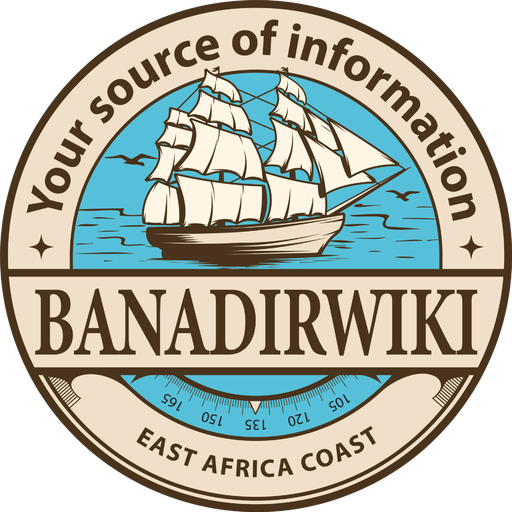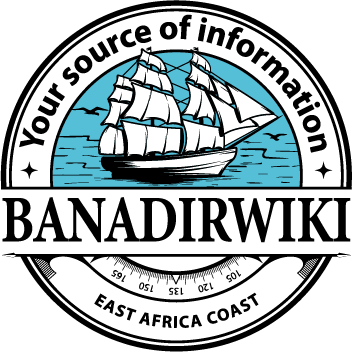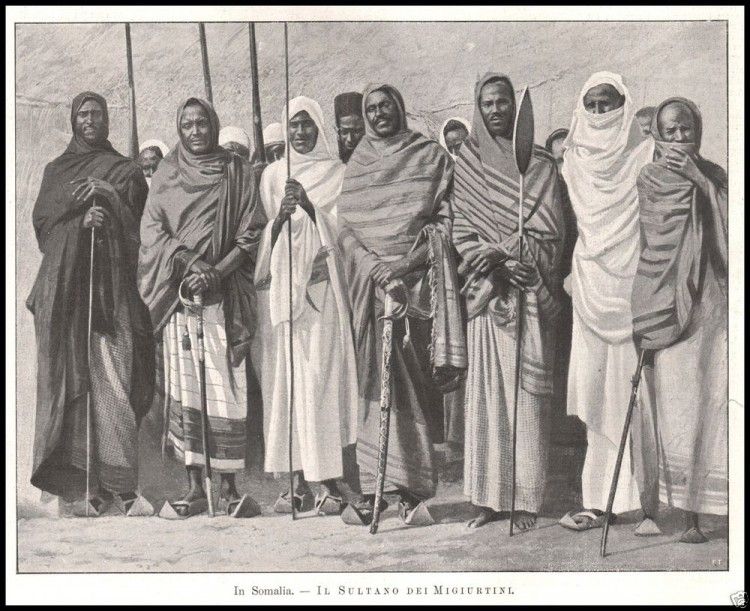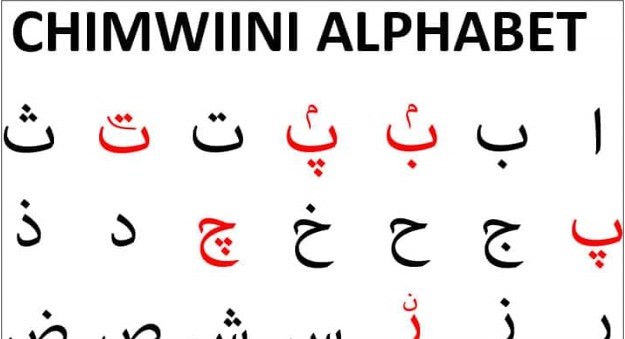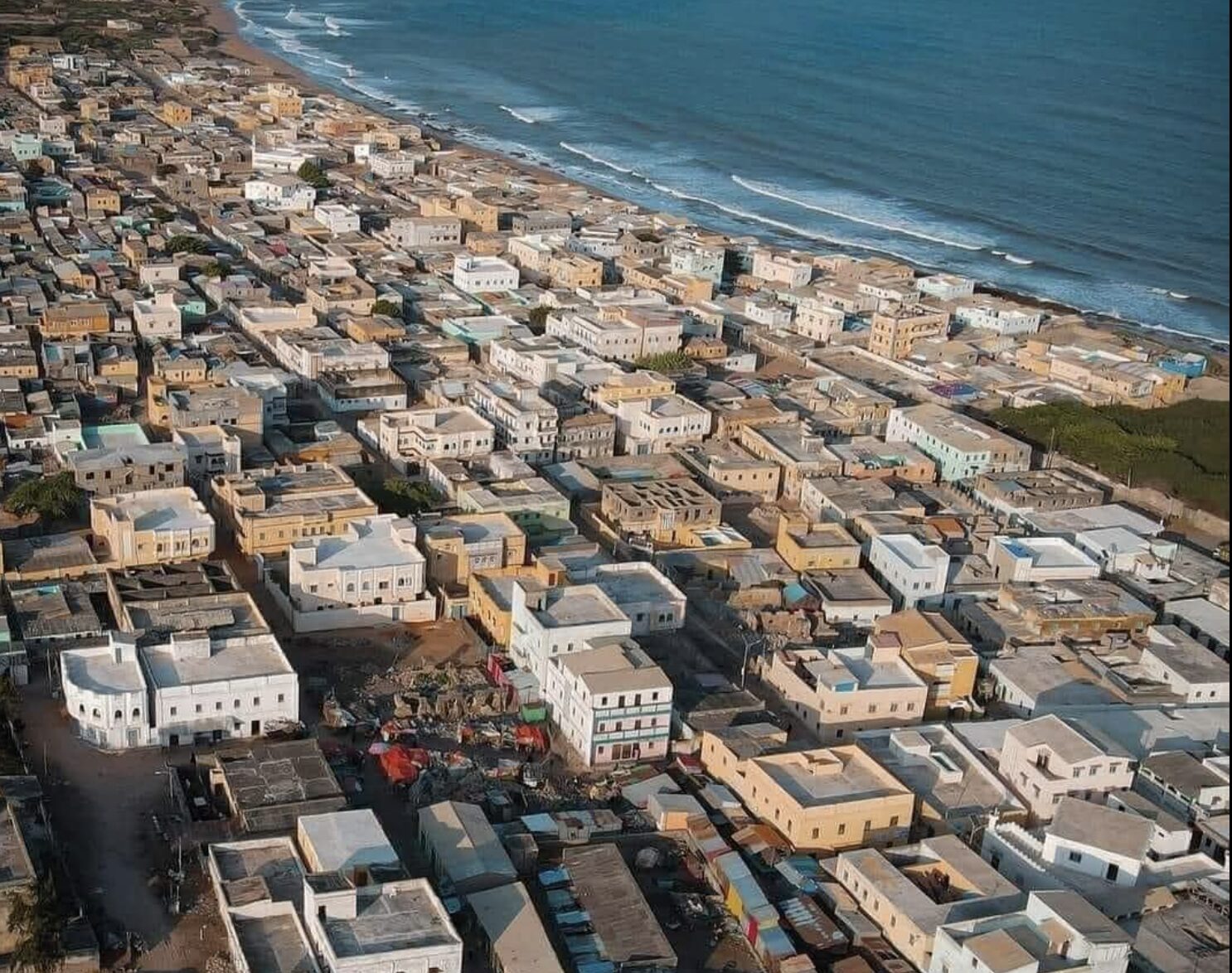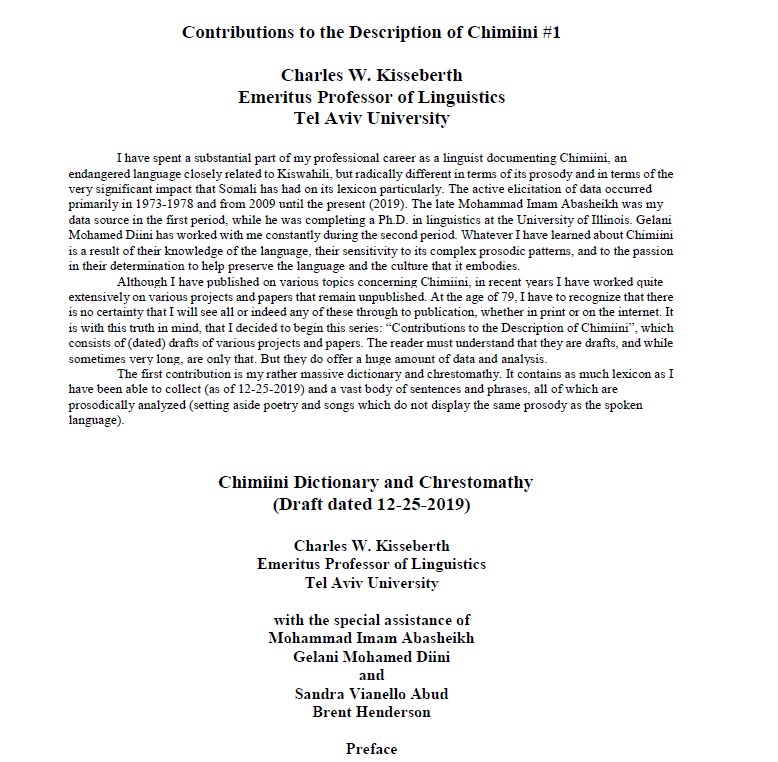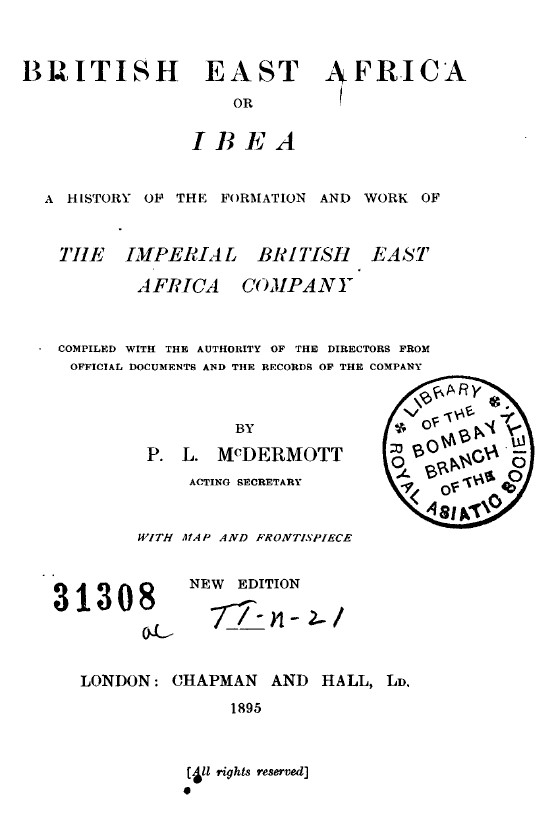Poetry is the epitome of the Somali people’s way of life, throughout history, poetry was used from commemorating religious occasions, praising famous people, to indirect scathing attacks on rivaling clans, it is for this reason a large sum of history especially from the pastoral Somali groups would be found in poems. It is worth mentioning, for the most part of Somali history is built on oral tradition, this may be the case of most nations in Africa. But with Somalis, in some areas where there is a lack of research or archaeological data, oral tradition would be relied on heavily. Another factor as to why oral tradition is a main source of information is due to the fact that written literature was not carried out in Somalia up until the 1960’s, so with poetry being the main source of information, the pastoral Somalis would not shy away from being eloquent and well versed poets. They understood the important role of oral tradition in their social life, how it can influence people and how it can rile up people, as seen in the case of Sayid Muhammad Abdullah Hassan – leader of the Dervish Movement, it was his poetry that riled up opposing clans to join him in his anti-colonial quest, clans or groups who opposed to his way would in turn respond to him in a poem disapproving him, this sparked fury and violent clashes between clans. This showed the power and influence of poetry within a nation, a tradition that without no doubt benefited many historians today in learning how clan disagreements were enacted. Thanks to poetry, historians are now able to fill in many gaps reconstructing the past stories and tales of the life of Somalis. (Abokor, 1995)
Reference:
Abokor, A., 1995. The Camel In Somali Oral Traditions. Uppsala: The Nordic Africa Institute.
